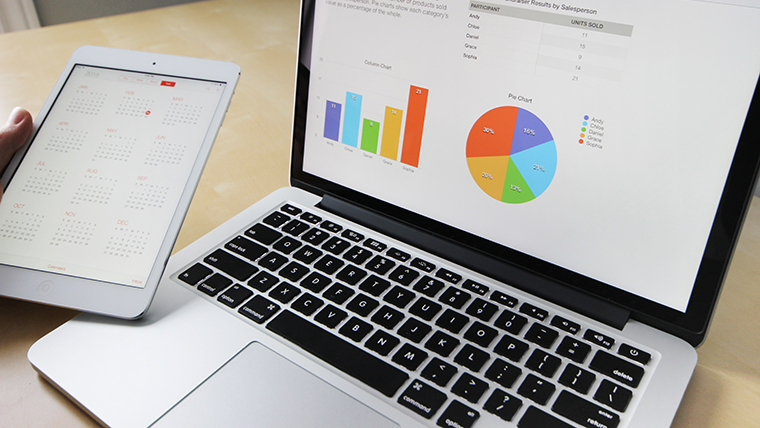
| 

There’s often a lot of fearmongering about credit history and how much it will impact on your everyday life and future financial choices. This is especially the case when you are facing a credit check as part of pre-employment checking for a new job. Understanding the process and what employers and lenders are looking for should help deal with some of the myths around credit scoring.
Check Your Credit Report
The first step is always registering for a copy of your personal credit report. You can do this online for free through credit reference agencies like Experian and Equifax or via third-party providers like Clearscore and TotallyMoney. Once you’re signed up, you will receive updated reports and scores in by email, allowing you keep your eye out for any unexpected changes. When you get your credit report for the first time, look closely at all of the personal and financial details. These reports may not always be correct, so it’s essential to ensure the information on file about you is correct. Some items you’ll find in your report are:
- Personal information: Your name, date of birth, and address, including past addresses within the last six years.
- Financial associations, such as joint mortgages or shared loans you have in joint names with other people.
- Whether or not you are listed on the electoral roll as a voter at your address – if you are not, this will decrease your credit score dramatically.
- Details of your borrowing, including outstanding balances and payment history for accounts like mortgages, credit cards, store cards, personal loans, and overdrafts.
- Details about any County Court Judgments (CCJs), bankruptcies, and Individual Voluntary Arrangements (IVAs).
What Doesn’t Appear on A Credit Report – The Myths
Many people are unsure about what will appear on a credit report. These do not include any details about:
- Savings accounts.
- Salary, wages or who your employer is.
- Your criminal record.
- Parking tickets or driving licence points.
- Arrears on your council tax.
- Details of any payment holidays or Covid related payment freezes you’ve taken on mortgage or other loans.
- Student loans – whether you are in default or not.
There are other persistent myths about credit reports which are also unfounded. The biggest of these is probably that banks or other financial institutions have a “blacklist” of people who are blocked from all credit. Each lender will have their own rules about who to offer credit to. Similarly, institutions will not blacklist or bar whole streets, postcodes, or towns from getting credit. The only thing which will stop you from getting credit is your own credit history and record. If you have defaulted on credit agreements in the past or been consistently late in paying, financial lenders are going to be concerned that you will be a bad risk. Improve your credit record by keeping an eye on your credit report and correct any errors which you find on it. It might take time, but ensuring you always pay bills on time will eventually be reflected on your credit score.


